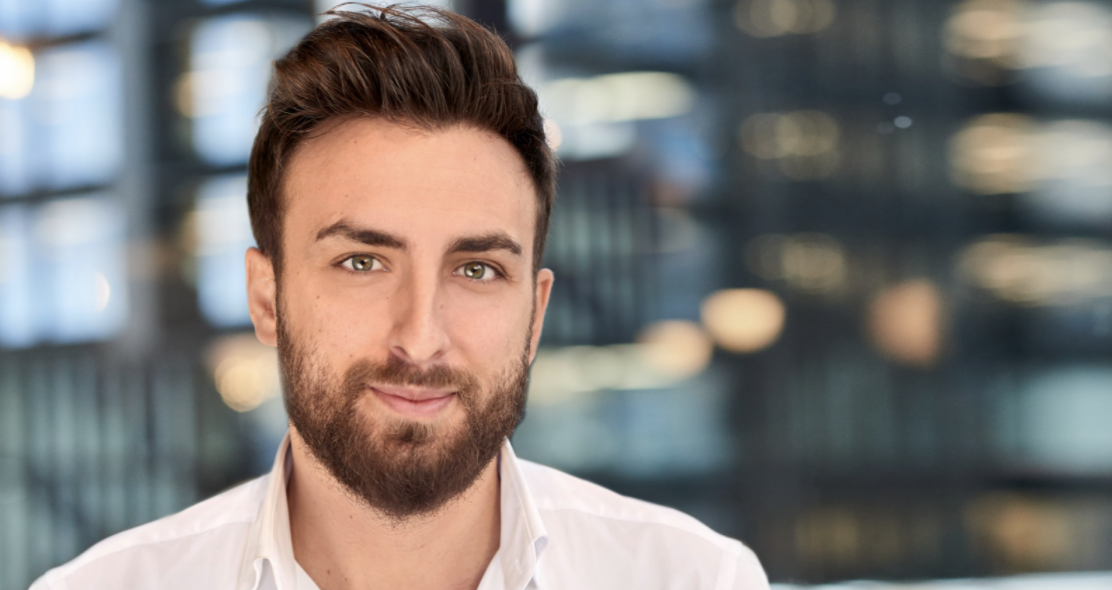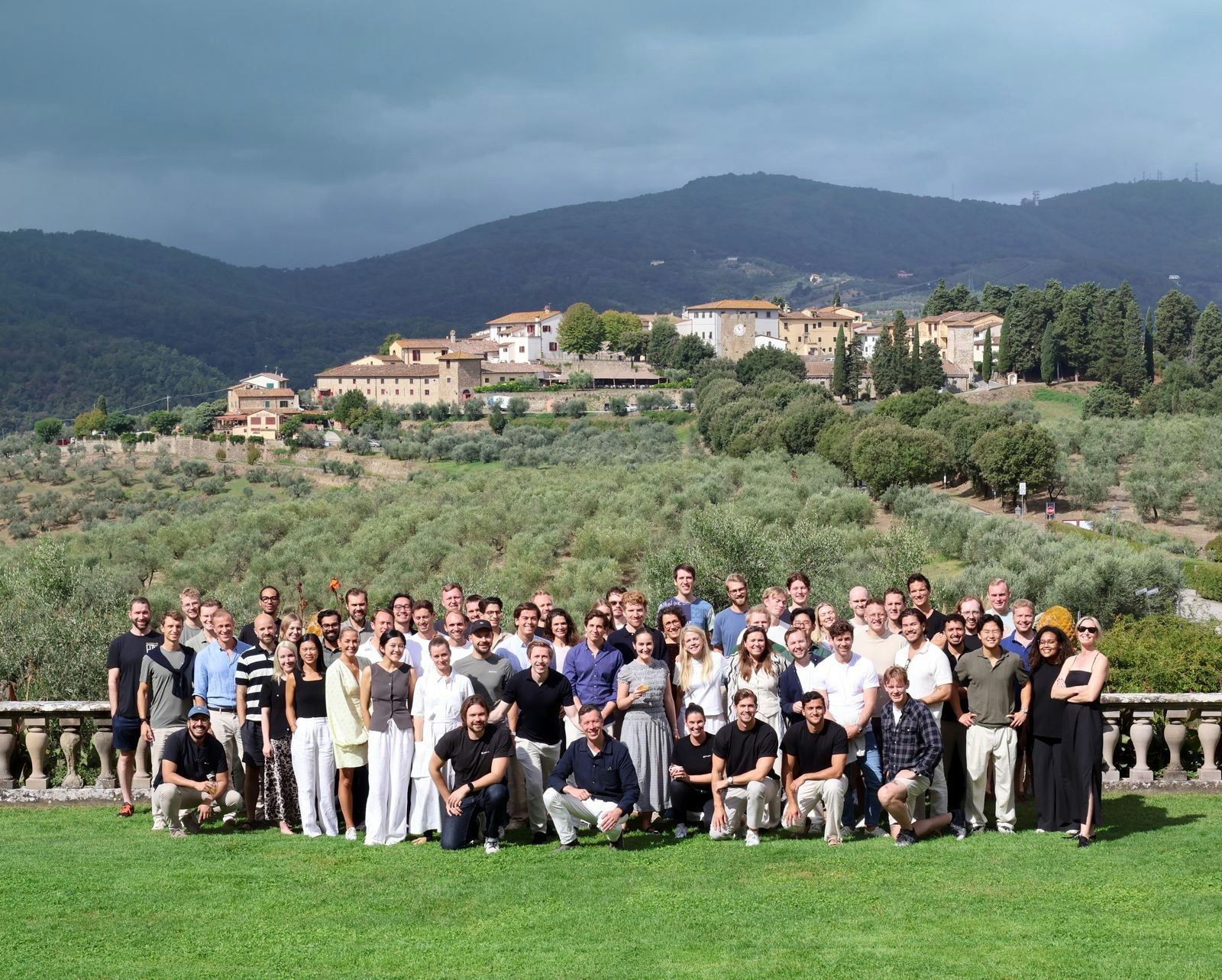London-based healthtech Causaly has raised a $60m Series B to expand the reach of its AI-powered research platform, which is designed to save scientists from sifting through thousands of scientific publications as they identify, create and test new drugs.
The round was led by ICONIQ Growth and includes returning investors Index Ventures, Marathon VC, EBRD and Pentech. Some individuals in the round included Alex Gorsky, a former chairman and CEO at US pharma giant Johnson & Johnson, and Olivier Pomel, CEO at SaaS analytics tool Datadog.
It brings Causaly’s total funding to $86m, and the company says this round will be used to expand its customer base and reach more research organisations around the world. The startup is planning to open a new office in New York to develop a presence across the Atlantic.
'All of biology' in a single platform
Causaly has developed an AI tool that can read through 35m scientific documents and clinical trial databases and provide answers to scientists’ specific queries in seconds. Think of ChatGPT, but specifically for medical research.
The platform then spits out relevant insights and data for the initial query in a so-called knowledge graph.
“Represented in this graph is all of biology,” says CEO Yiannis Kiachopoulos. For example, if a scientist searches for the side effects of a drug, the platform will highlight links that have been made in previous experiments between different symptoms, molecules, drugs and so on.
Causaly’s AI is fed publicly available information and commercial data. It's also started ingesting some proprietary data, such as internal experiments conducted by scientific organisations.
But strict rules apply to the content that the platform analyses. “The data we ingest is not scraped from the web,” says Kiachopoulos. “We are going to authoritative sources that index scientific documents — predominantly Medline, which is operated by the [American] National Library of Medicine, and index journals and documents that are deemed trustworthy.”
Accelerating drug development
The platform’s main use case, for now, is to accelerate the development of pharmaceuticals. Designing a new drug requires scientists to identify the right drug target — the protein, DNA or RNA in the human body that causes a certain disease — and then to develop the molecule that will most effectively and safely alter that target. Given the huge number of potential targets and molecules, it's a years-long process largely based on trial and error and costing billions of dollars.
It's then followed by many more years of pre-clinical and clinical trials to ensure its safe for humans, meaning that it often takes over a decade for a new drug to hit the market.
Kiachopoulos explains that Causaly can significantly accelerate research at four different stages of drug development: understanding disease biology, identifying and prioritising drug targets, discovering biomarkers — the presence of certain genes or molecules that are indicative of the development of a certain pathology — and assessing the safety of new drugs by anticipating possible side effects.
Causaly says that it's tripled revenue and customers in the last year and that it counts among its clients the US Food and Drug Administration and pharma giants Novo Nordisk and Gilead. That means thousands of scientists are already using the platform.
For now, Causaly is intending to focus on drug development and biopharmaceutical research, but Kiachopoulos hopes that with more growth will come opportunities to develop new use cases and bridge knowledge gaps that exist in other parts of life sciences. The objective, he says, is to eventually develop a tool that can power an entire research organisation.



